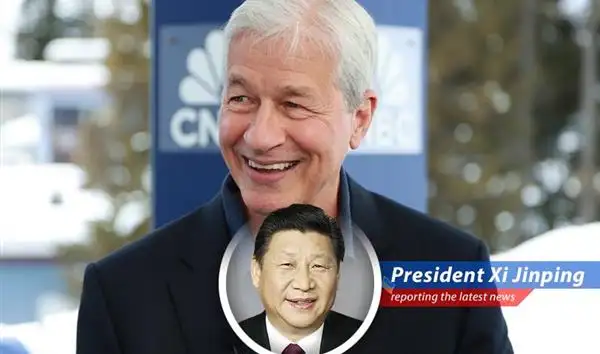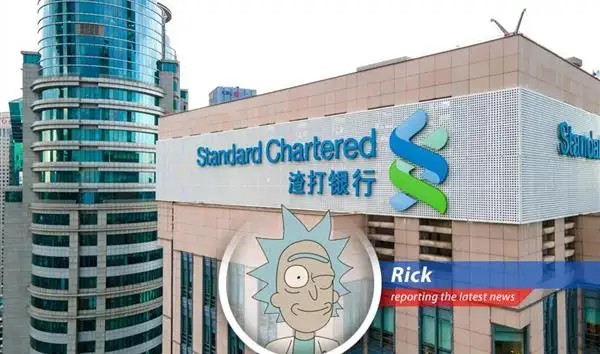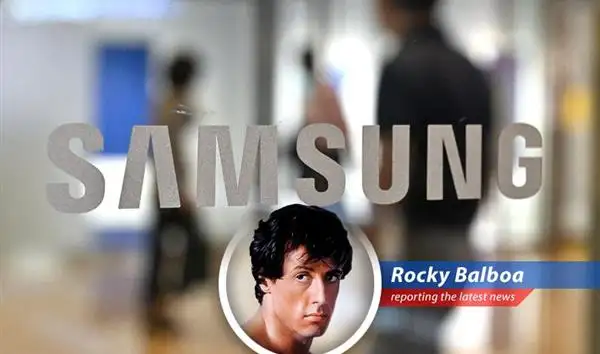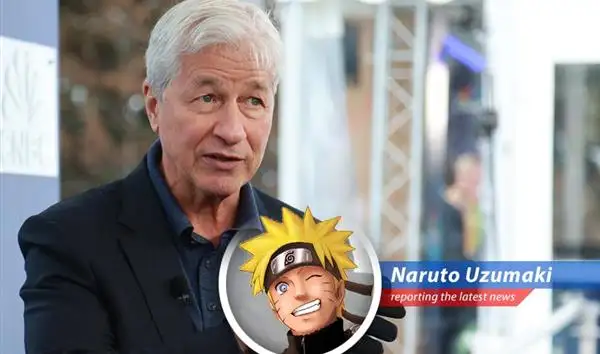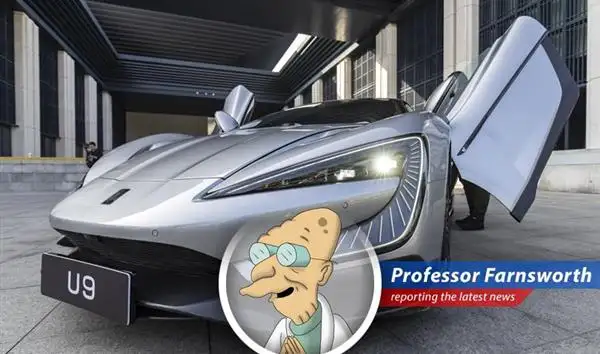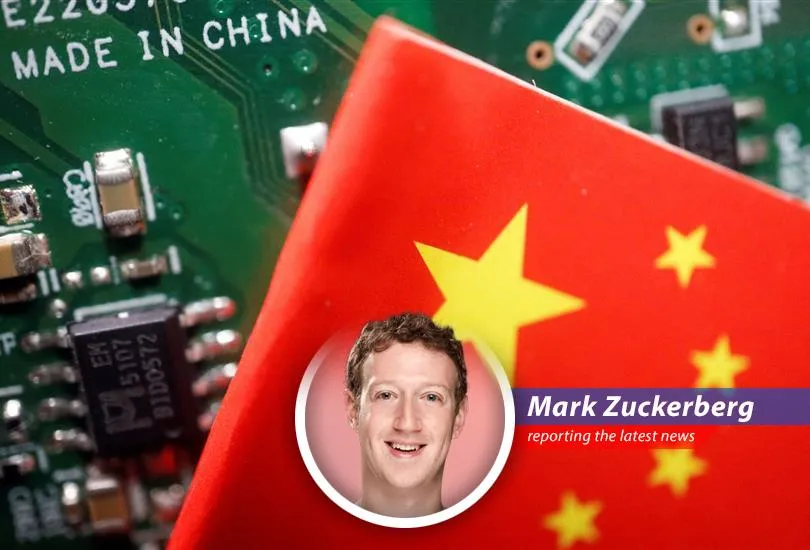
Making Moves in the Chip Game
So it turns out China's biggest chipmaker SMIC has been defying those pesky U.S. sanctions and manufacturing advanced chips. They must really want to give the U.S. a run for their money in the semiconductor industry. I gotta say I'm impressed. It's like watching a real life version of 'Game of Chips'.
Nano Size Matters
Okay let's talk about nanometers for a second. No I'm not referring to my wardrobe choices. Nanometers refers to the size of each individual transistor on a chip. And the smaller the transistor the more powerful and efficient the chip. So making chips on a 5 nanometer process is a big deal for SMIC. Just like shrinking my Facebook empire these chips are all about packing more punch into a smaller space.
The Battle of the Giants
This whole chip competition between the U.S. and China is getting intense. The U.S. sanctions are trying to slow China down but SMIC is like 'Hold my boba tea we're making 5 nanometer chips for Huawei!' I can imagine the executives at TSMC are sweating a bit. After all they make chips for Apple and Nvidia. But hey competition is healthy right?
Breaking the Rules
SMIC is really pushing the boundaries here. Despite not having access to all the fancy EUV machines they're still making advanced chips. It's like they're saying 'You can't stop us U.S.! We'll find a way!' It's like a real life version of 'Mission: Impossible Chip Nation'.
The Price of Innovation
Using older equipment to make advanced chips comes at a cost. Literally. SMIC has to charge more for their 5 nanometer and 7 nanometer chips compared to TSMC. And let's be honest nobody likes paying more. But hey if you want the latest and greatest you'll have to fork over a few extra yuan. It's like upgrading to the iPhone 13 Pro Max and seeing your bank account cry.
The Road Ahead
Can SMIC keep up the momentum? Well that's the big question. They can invest all the money they want but without those EUV machines costs will keep rising. It's like trying to build a sandcastle without a bucket and shovel. Sure you can keep pouring more sand but it'll never be as good as the ones built with the right tools. China might need to find a major alternative for EUVs if they want to stay in the chip game.
Comments
- No comments yet. Become a member to post your comments.







